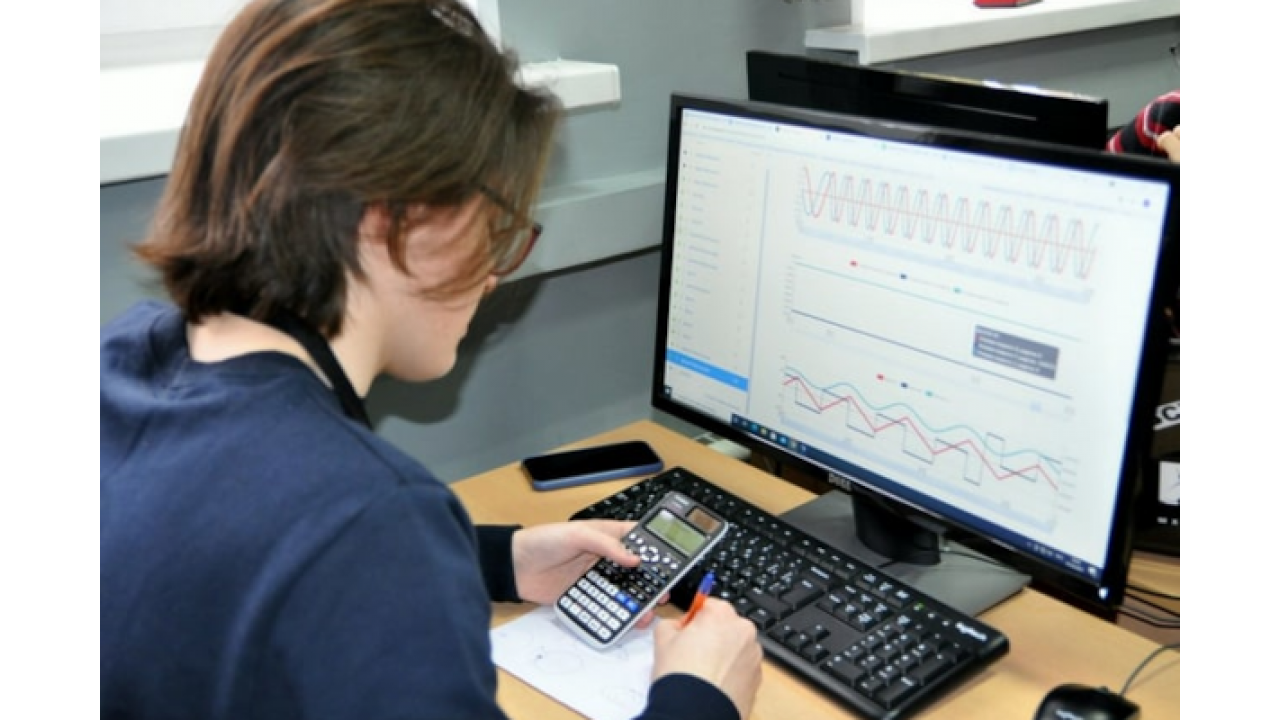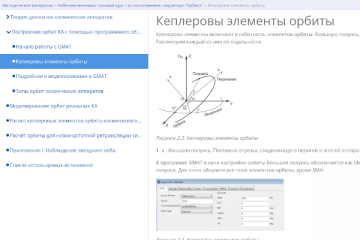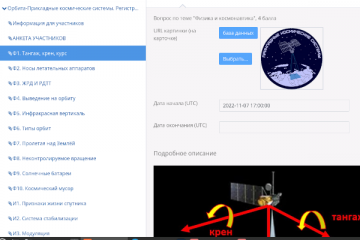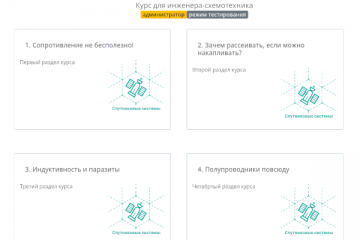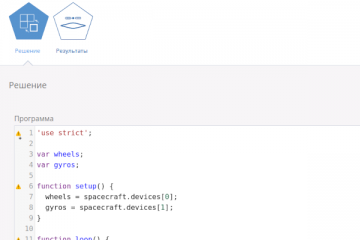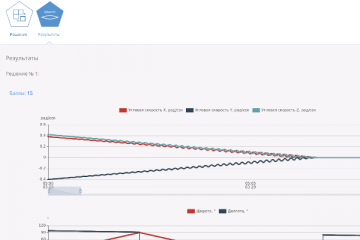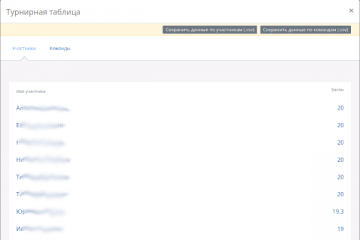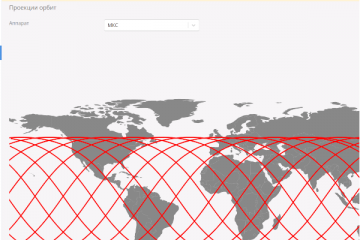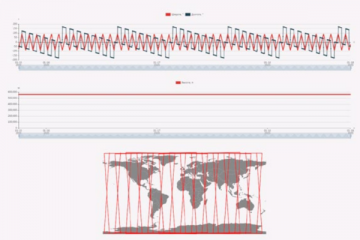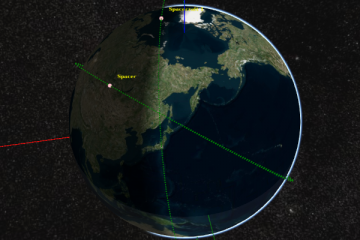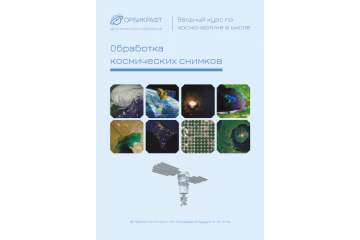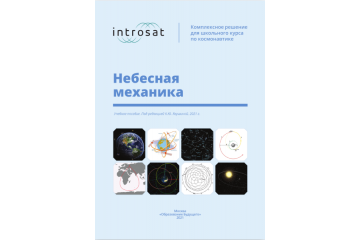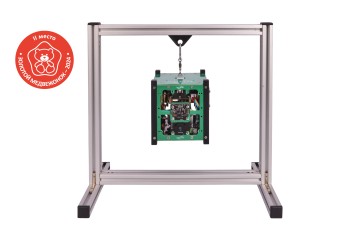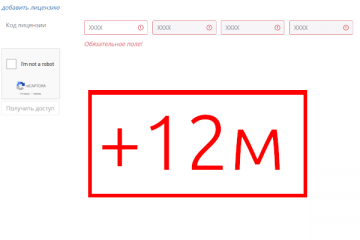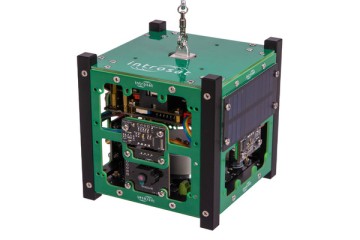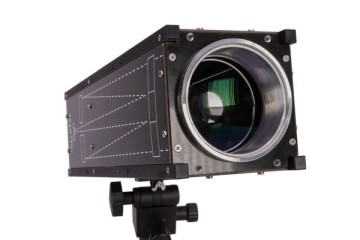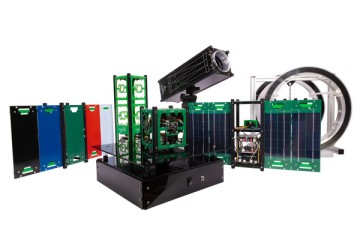Access to the service for the design and numerical simulation of space missions “Orbita.Challenge” is intended both for conducting courses and competitions by astronautics, and for project management & nbsp; space missions in school and student teams. Service work is carried out in online with the organization of group access without the need to install software on a PC.
Key functions of the service:
Full license for 3 years:
All learning functions
Free design mode
Holding own competitions
Catalogue of problems and materials on astronautics
Up to 100 students
Up to 10 simultaneous events
From 2 GB of project cloud storage
Access 3 years
| Software Features | |
| Software access form | Online service access |
| Access duration | 36 months |
| Number of end users | 100 |
| Software Features List | Space mission design function: including determination of the number, structures, orbits and control programs of spacecraft; including determination of coordinates and parameters of ground stations; including calculation of mission results in the numerical simulation system; including the ability to display graphs of changes in the objective indicators of the mission after its calculation; including the ability to display the position of vehicles during the mission in 2D and 3D format. The function of creating courses of problems and competitions for students: including creating and modifying space mission design tasks with customizable and manual evaluation of the mission simulation result; including creation and modification of tests with answers in the form of a choice of value, number, string with customizable and manual evaluation of the result; including creating and modifying tasks for the development of program code with customizable and manual evaluation of the result. Catalog of materials for the teacher: including sample tasks for the development of courses and competitions, number; including availability of methodological materials in electronic form for conducting classes in the field of space engineering. Manage student access. Formation of teams of students, accounting for individual and team results. |
| Number of concurrent events | 10 |
| Available disk space | 2000 GB |
| Education expirience | |
| Themes of lessons | Fundamentals of celestial mechanics, elements of orbits, demanded applied orbits of satellite systems. Stabilization and orientation of the spacecraft in orbit, Correction of the orbit using jet engines (including, but not only the Hohmann transition), Planning the scheme of information exchange with spacecraft, Noise-immune coding, Selection of the orbit for the spacecraft for given purposes (flying over point, the implementation of the necessary communication sessions, etc.), Determining the orbit from known communication data, Designing a group of remote sensing devices of various types with sweeping out the area of interest, Designing the mission taking into account the task of maintaining the energy balance (control of orientation, orbital movement, black and white conditions) and others. |
| Engineering skills | Programming, Algorithms for orientation and stabilization, Noise-immune coding, Calculations of orbital mechanics, Calculations of energy balance, Calculations of temperature regimes. |
| Age of students | 14 years and older (certain tasks can be adapted for younger children) |
| Max. amount of students working with 1 kit | 100 |
| Learning hours | 36-72 |
| Competition preparation | Russian National Technological Olympiad (profile "Satellite systems"), program "Planet Watch" (direction "Applied space systems"). |
Orbita.Challenge service 3-year full standart access
- Brand: Education of the Future
- Product Code:Orbita.Challenge FGL36
- Availability:В наличии
-
₽ 570,000.00
- The price includes VAT 5%
Related Products
IntroSat Basic Educational Kit
Laboratory basic set IntroSat™, topic groups "Satellite Engineering" and "Radio Communications >"..
₽ 239,500.00 The price includes VAT 5%
Service "Orbita.Challenge". Full license 1 year renewal
Access to the service for the design and numerical simulation of space missions “Orbita.Challenge” i..
₽ 99,990.00 The price includes VAT 5%
IntroSat. Set "LAB Nano" ("Satellite construction. Basic Course") for 5 teams
Set on the basics of satellite engineering for a group of 5 teams (15 students). Composition of the..
₽ 1,197,500.00 The price includes VAT 5%
IntroSat. Set "Satellite construction. Space Optics" for 3 teams
Set on the basics of satellite engineering for a group of 3 teams (9-12 students).Designed for group..
₽ 1,044,000.00 The price includes VAT 5%
IntroSat Lab. Standart
A complete set of IntroSat space engineering laboratory for a group of 15 students. ..
₽ 4,420,300.00 The price includes VAT 5%
IntroSat Basic Educational Kit (Technology Lessons)
Laboratory basic set IntroSat™, topic groups "Satellite Engineering" and "Radio Communications >"..
₽ 322,000.00 The price includes VAT 5%
IntroSat Lab. Full
A complete set of Introsat space engineering laboratory for a group of 15 students. ..
₽ 6,746,890.00 The price includes VAT 5%
Tags: Software, Service, Module, Satellites, Programming, Electrical engineering, Radio communication, Orbital mechanics, Introsat, Интросат
